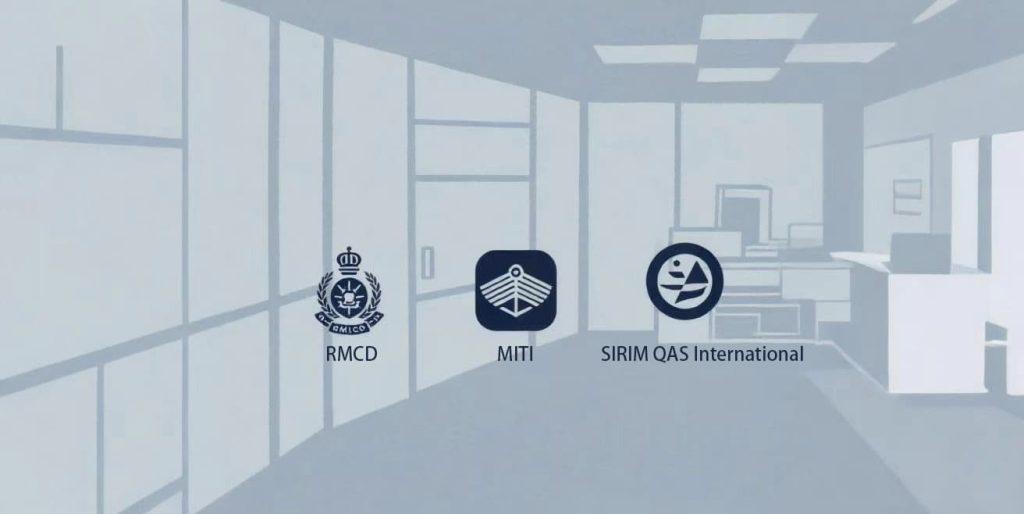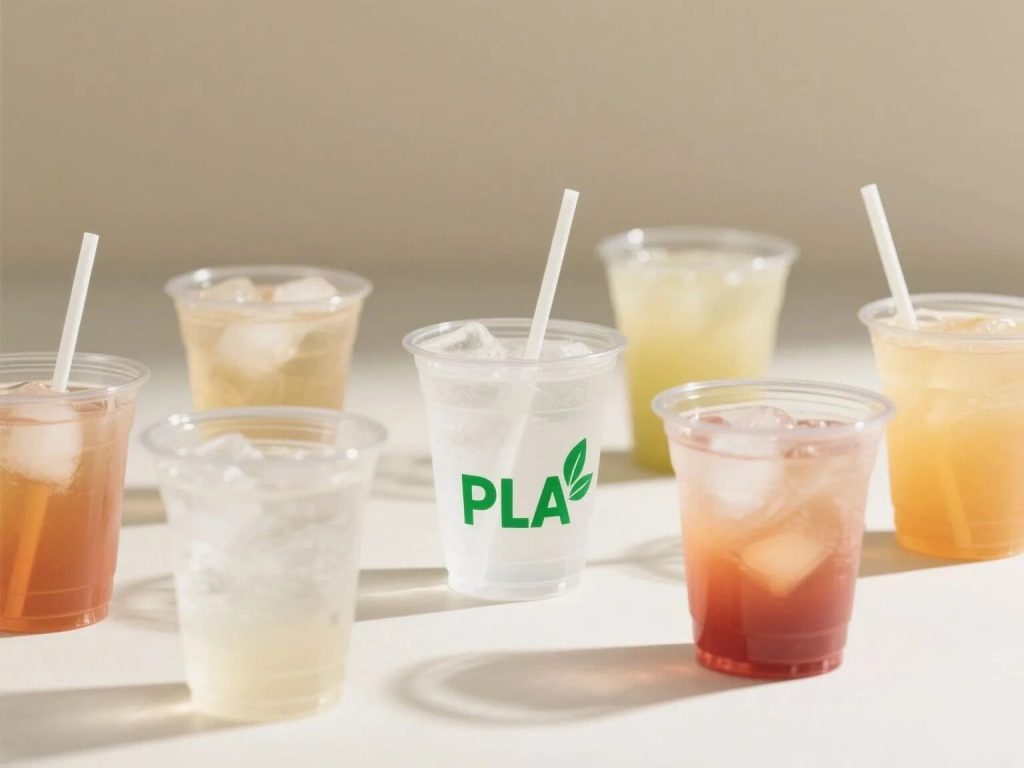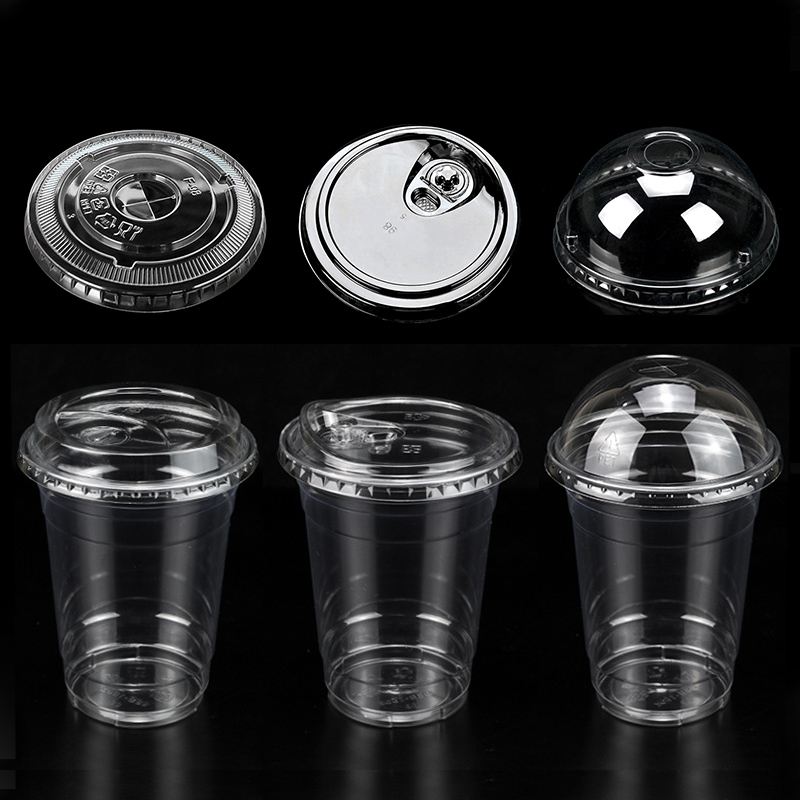As Malaysia advances towards stricter food safety and environmental policies, the rules around importing disposable tableware and food packaging are becoming increasingly important for international exporters.
This guide offers an in-depth look at Malaysia’s import regulations for single-use food packaging and tableware—including food contact material laws, plastic controls, and sustainability targets—helping businesses navigate this evolving market confidently.
Key Authorities and Applicable Laws
Malaysia’s import system involves several key agencies:
- Royal Malaysian Customs Department (RMCD): Oversees customs clearance under the Customs Act 1967.
- Ministry of Investment, Trade and Industry (MITI): Issues import licences and sets trade regulations.
- SIRIM QAS International: Handles product testing and certification for plastic goods.
These bodies ensure that all imported goods—including disposable tableware—comply with local standards.

Food Contact Material Standards
Disposable tableware in Malaysia falls under food contact materials and must meet the Food Regulations 1985.
Key requirements include:
- Migration Testing: Products must not release harmful substances into food.
- Documentation: Certification of Analysis (COA) or equivalent testing reports are often required.
- Labelling: All imported tableware must carry clear product labels.
Companies with strong compliance records, such as Xiamen Dashan, are well-positioned to meet these demands. Dashan offers PET, PLA, and PP packaging solutions tested to meet both international and Malaysian food safety standards, simplifying the import process for local distributors.

Plastic Import Controls Tighten
Malaysia’s strict controls on plastic imports reflect a broader move towards waste reduction:
- Only plastics with ≥99.5% purity are allowed for import.
- SIRIM certification is mandatory.
- Imports containing food residue or hazardous waste are prohibited.
While these measures mainly target plastic waste, they also signal rising scrutiny over plastic products in general. Exporters of plastic tableware should anticipate stricter checks at customs.
Anti-Dumping Duties on PET Products
From January 2025, Malaysia has applied anti-dumping duties on PET products imported from China and Indonesia, with rates between 6.33% and 37.44%.
This affects many disposable tableware items made from PET, increasing costs for importers.
Exporters offering diversified materials—like RPET, PLA or PP—can mitigate such risks. For example, Xiamen Dashan supplies RPET and PLA tableware options, offering flexibility for buyers seeking alternative materials.

Environmental Policies and Market Trends
Malaysia’s Plastic Sustainability Roadmap 2021–2030 targets a complete phase-out of single-use plastics by 2030:
- Many states have begun banning non-biodegradable disposables.
- Compostable and recyclable alternatives are increasingly favoured.
This creates strong demand for eco-friendly products. Dashan’s certified compostable PLA tableware and recyclable RPET containers align well with this trend, supporting buyers seeking sustainable imports.
✅ Import Checklist for Disposable Tableware
| Area | Action Needed |
|---|---|
| Customs & Permits | Obtain RMCD and MITI import clearance |
| Product Testing | Submit COA and migration testing reports |
| Tariff Assessment | Check anti-dumping duties (PET products) |
| Material Compliance | Use recyclable or compostable materials |
| Long-Term Market Strategy | Monitor plastic bans and adjust product lines |
✨ Conclusion
Malaysia’s import regulations for disposable tableware and food packaging are evolving rapidly, driven by food safety concerns and environmental goals.
Exporters must stay updated on laws, invest in product testing, and explore sustainable materials to remain competitive.
With its wide range of certified food packaging and tableware solutions—from recyclable PET and RPET to compostable PLA—Xiamen Dashan serves as a reliable partner for Malaysian importers seeking high-quality, compliant, and future-proof options.
📚 References
Royal Malaysian Customs Department – Customs Act 1967
https://www.customs.gov.my/en/tp/Pages/tp_ce.aspx
Malaysia Food Regulations 1985
https://fsq.moh.gov.my/v6/xs/page.php?id=82
SIRIM QAS International – Product Certification
https://www.sirim-qas.com.my/our-services/product-certification/
Ministry of Investment, Trade and Industry (MITI) – Import/Export Guidelines
https://www.miti.gov.my/index.php/pages/view/1500
Basel Convention – Malaysia’s Plastic Waste Regulations
https://www.basel.int/Countries/CountryContacts/tabid/1342/ctl/Details/mid/4278/ItemID/425/mctl/Edit/Default.aspx
Malaysia Plastics Sustainability Roadmap 2021–2030
https://www.kpkt.gov.my/resources/index/user_1/MPSR_2021-2030_FINAL.pdf
SGS – Malaysia Food Contact Material Updates
https://www.sgs.com/en/news/2017/05/safeguards-08017-malaysia-updates-food-contact-ceramics-limits
Reuters – Malaysia’s Anti-Dumping Duties on PET
https://www.reuters.com/world/asia-pacific/malaysia-imposes-anti-dumping-duties-pet-imports-china-indonesia-2024-01-08/
EIA International – Malaysia’s Plastic Waste Import Policies
https://eia-international.org/news/malaysia-strengthens-plastic-waste-controls-to-close-the-door-on-waste-colonialism-from-other-countries/
Xiamen Dashan Official Website
https://www.dashanpacking.com/
